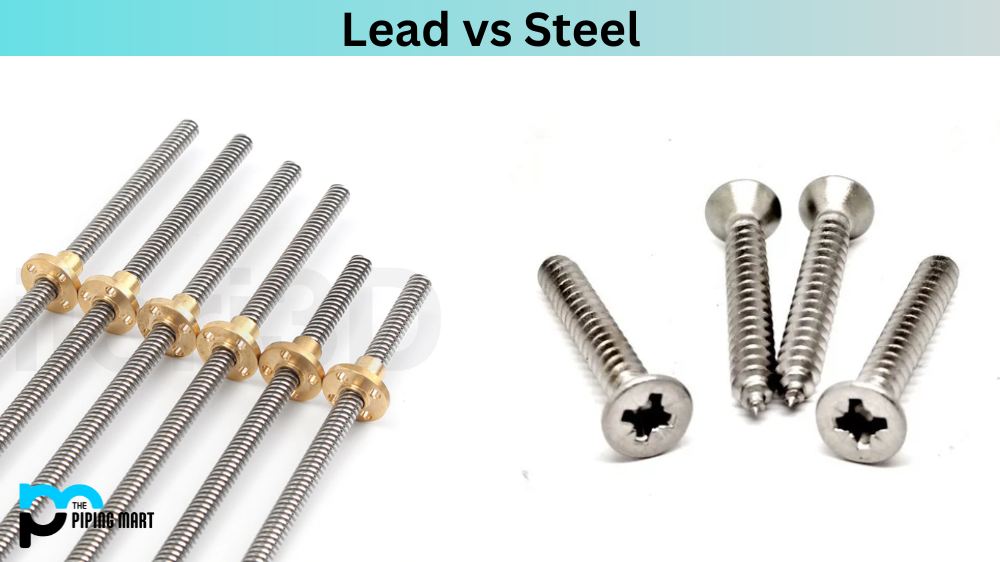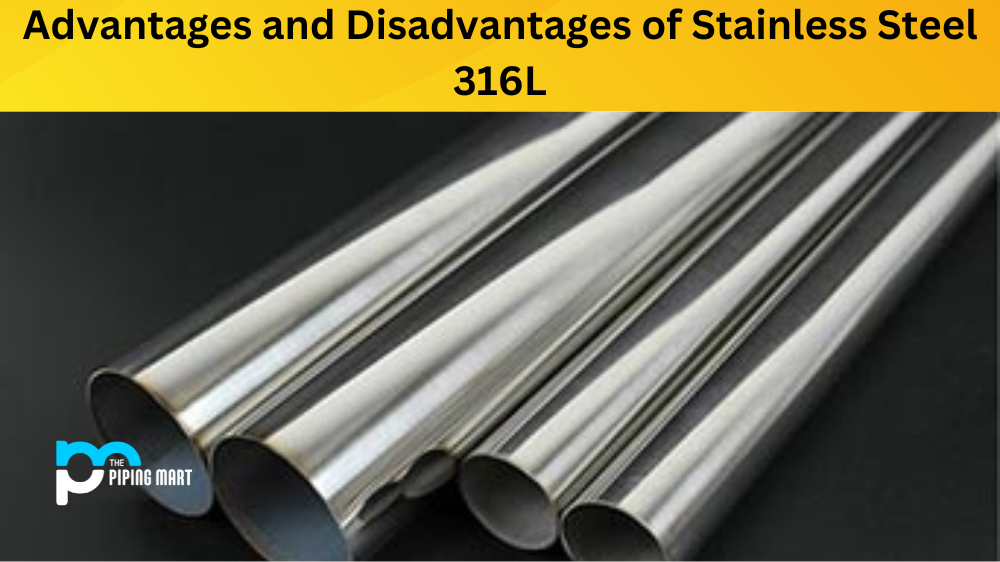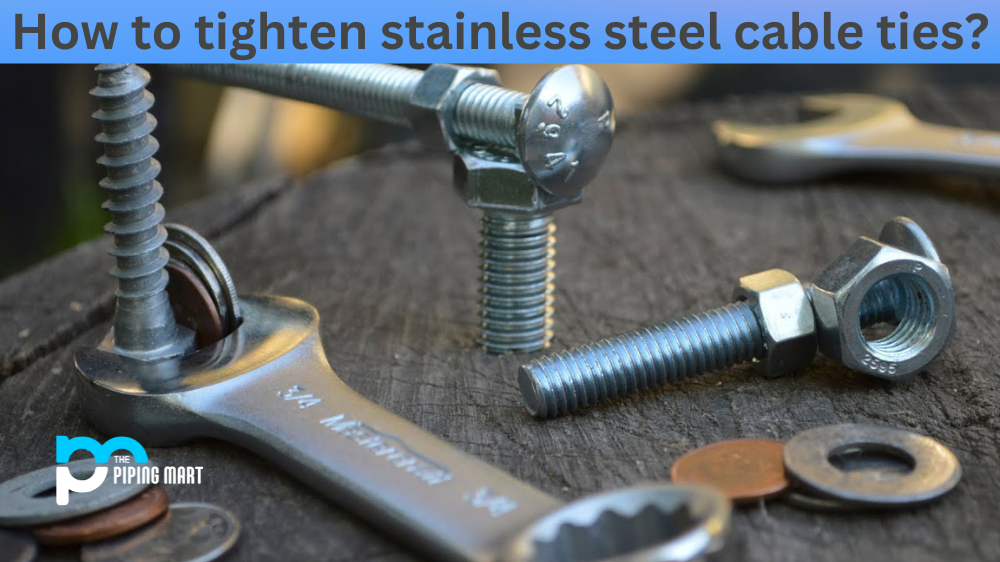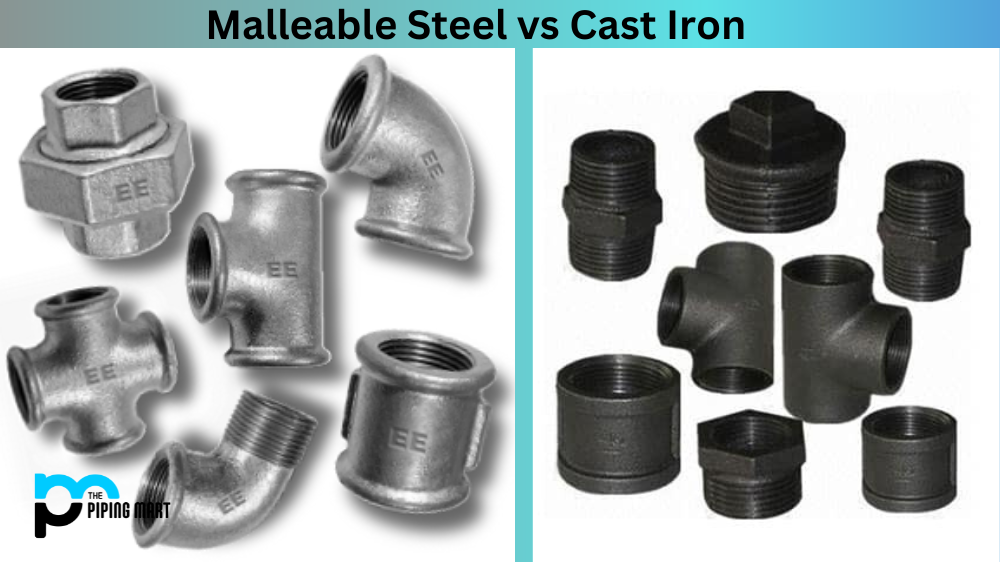If you need clarification on choosing between lead and steel, you have landed on the right page. In this article, we will discuss the differences between lead and steel and help you to make the right decision. The debate over information vs steel has been going on for decades among hunters and shooters. It’s a matter of personal preference, and each has advantages and disadvantages. Read on to find out which of these materials best suits your needs.
Difference Between Lead and Steel
One of the most significant variations between lead and steel ammunition is their weight. Lead ammo is relatively dense compared to steel ammo, so lead bullets generate more energy, traverse a more extensive distance and create a more significant impact when compared to steel ammunition. In contrast, steel ammo is lighter than lead bullets, translating into less momentum and energy as it travels to the target.
- Lead is a softer metal than steel, making it easier to work with.
- Lead is less likely to corrode than steel, making it ideal for use in outdoor applications.
- Lead is a better conductor of electricity than steel, making it the preferred choice for electrical applications.
- Lead is denser than steel, meaning it is heavier per unit of volume.
- Lead is more malleable than steel and easily shaped and moulded.
- Lead has a lower melting point than steel, meaning it can be melted and cast more easily.
- Lead is non-magnetic, while steel is magnetic.
- Lead is toxic to humans, while steel is not
Advantages and Disadvantages Lead
Lead ammo has existed for many years, mainly because of its effectiveness. It is known for its ability to expand upon impact, making it more efficient than steel bullets when hunting small game animals. Lead bullets also leave more extensive wound channels in the target, which increases the possibility of a quick and humane kill. The downside of lead is that it poses a higher risk of lead poisoning to the shooter, especially when exposed to gunshot residue, which can harm people and the environment.
Advantages and Disadvantages Steel
Steel ammo is cheaper than lead-based ammunition and perfect for practising shooting over long distances. It has a more consistent ballistic trajectory and is suitable for shooting in areas that restrict the use of lead ammunition. Steel ammo is also non-toxic, making it environmentally friendly compared to lead ammunition. The negative impact of steel ammo is its poor performance in hunting large game animals due to its lack of energy upon impact.
Choosing Between Lead and Steel
Choosing between lead and steel ammunition depends on the type of hunting or shooting activities you plan to do. When hunting small game animals, lead ammunition is the better option. Its performance in creating a humane kill is unmatched. But with new regulations restricting the use of lead ammunition, steel ammo has achieved comparable energy levels to lead, making it an ideal choice when hunting over long ranges. It’s also environmentally friendly and perfect for hunting ducks and geese.
Conclusion:
In conclusion, selecting an ammo type depends on your primary purpose – hunting or target shooting. Both ammo types have unique advantages and disadvantages, and it’s a matter of preference. Target shooters should stick to steel, whereas hunters can choose lead-based ammunition for a more effective and humane kill. However, with new regulations restricting the use of lead ammo, choosing steel ammo, which performs similarly to lead-based ammo, is a safe bet. Whatever ammo type you select, following domestic regulations and respecting the environment is essential.

Abhishek is a seasoned blogger and industry expert, sharing his insights and knowledge on various topics. With his research, Abhishek offers valuable insights and tips for professionals and enthusiasts. Follow him for expert advice on the latest trends and developments in the metal industry.




